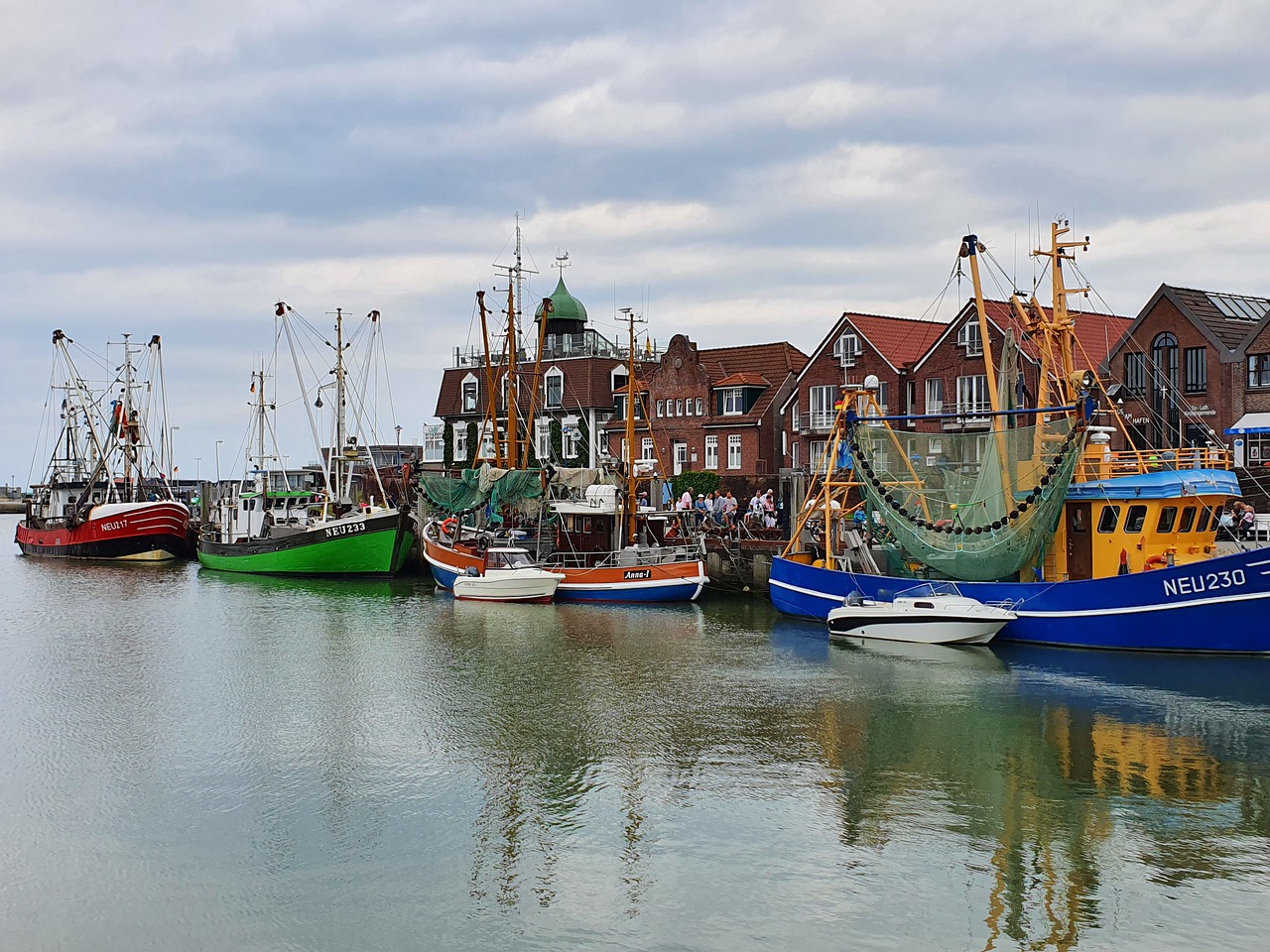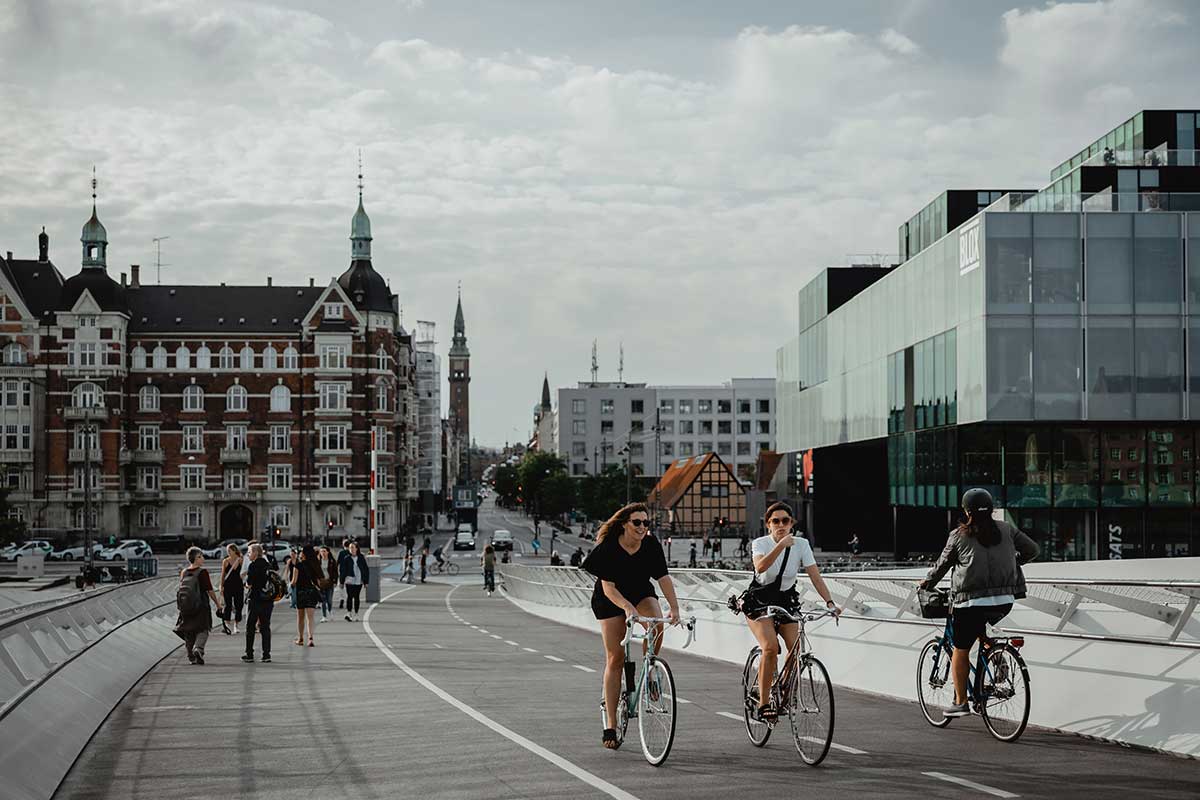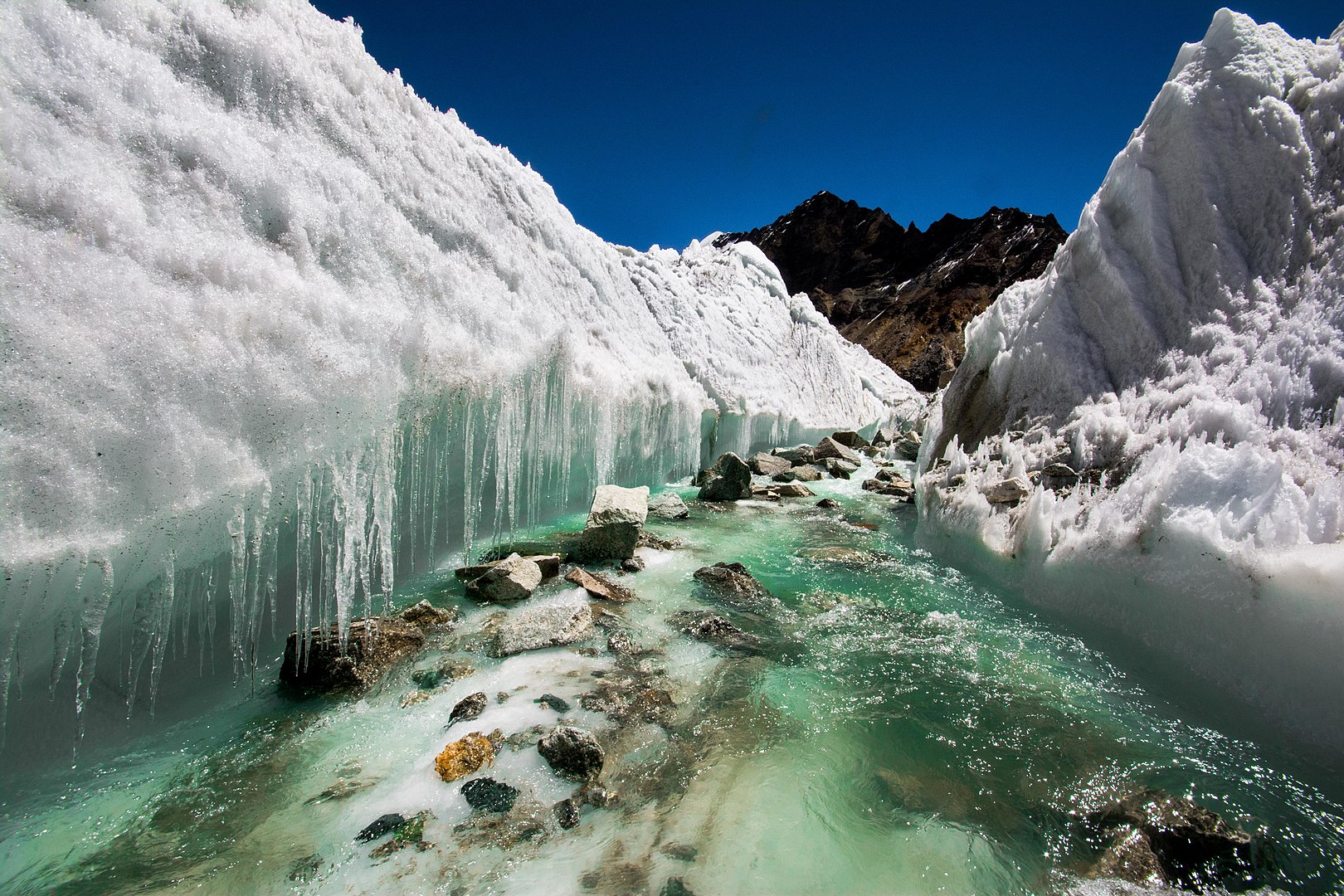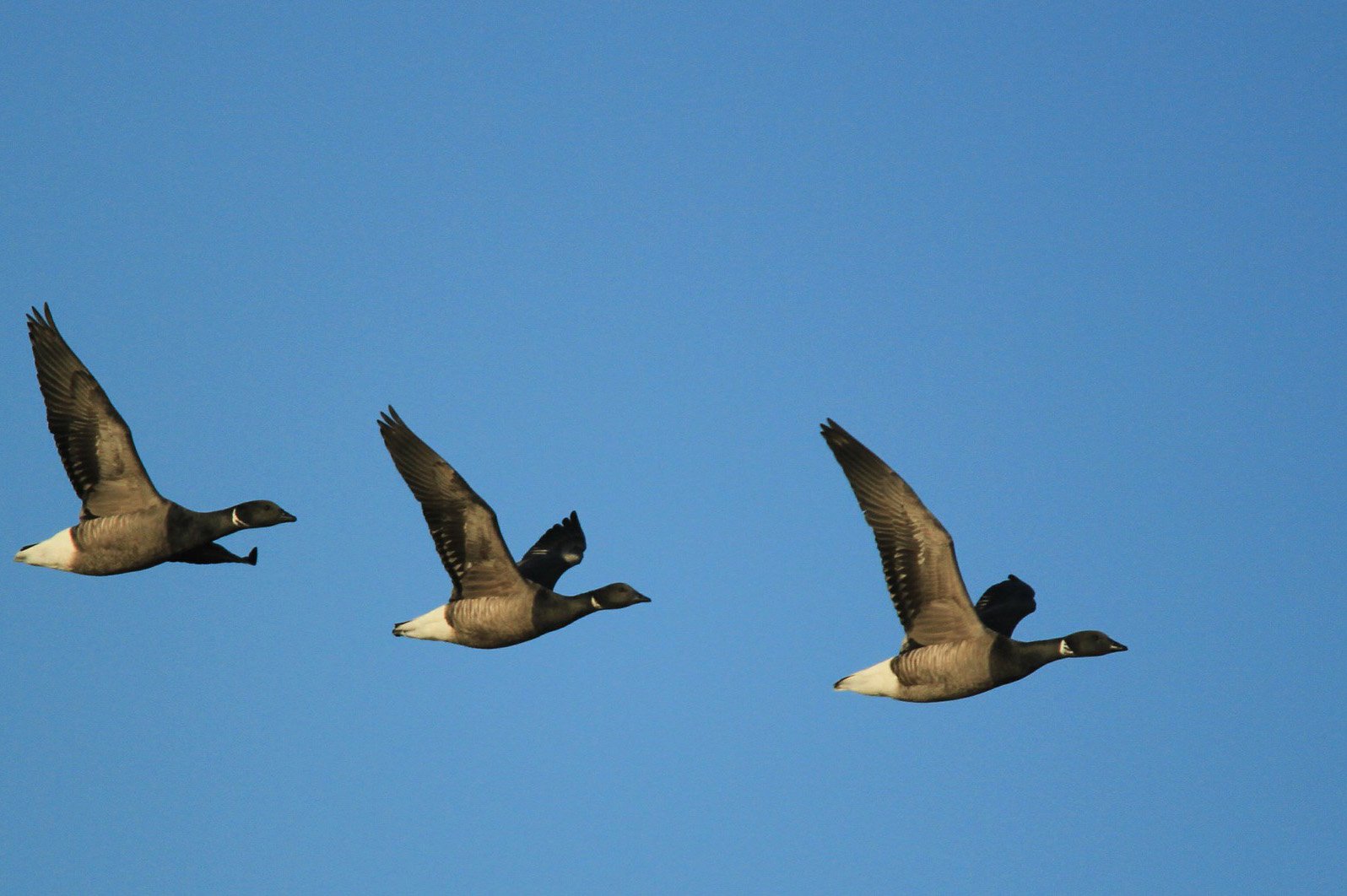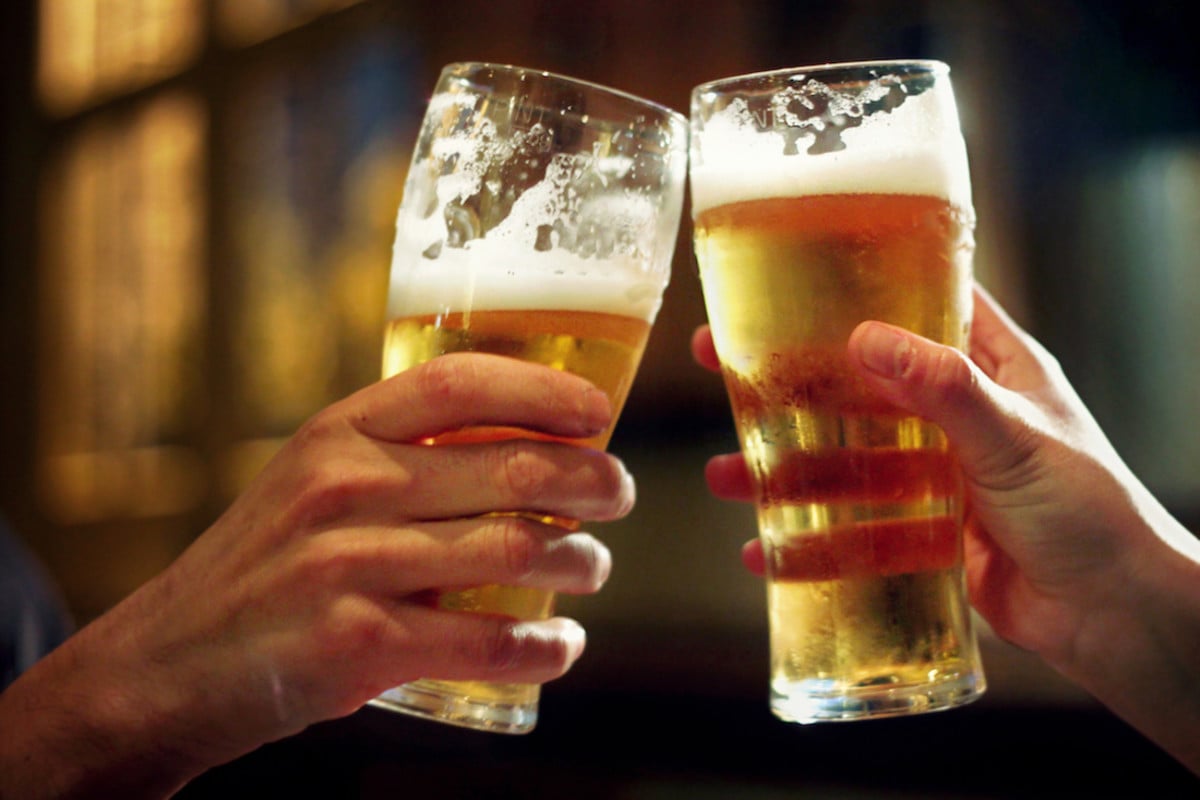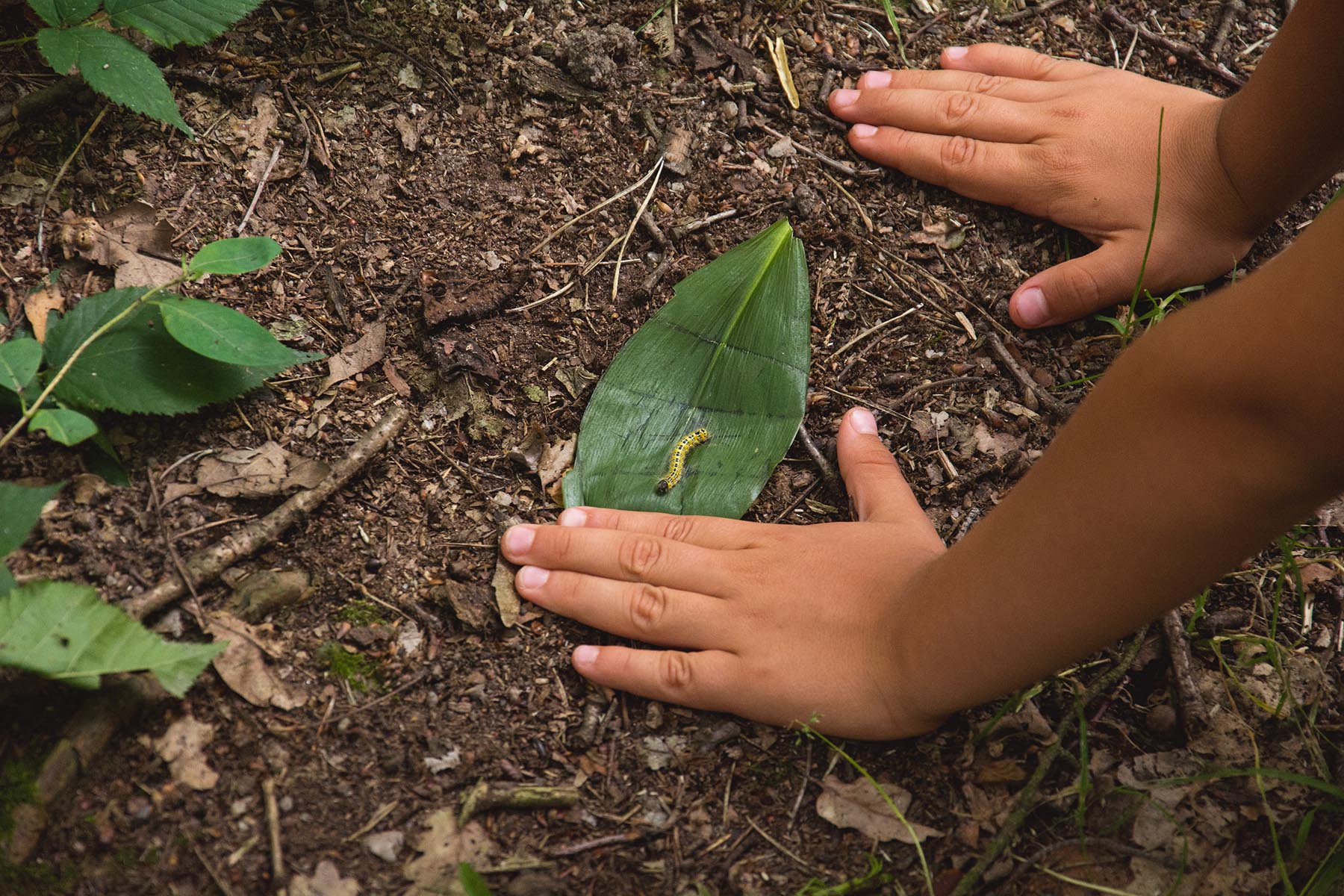Hydroacoustic 3D snapshots of fish habitats could help stem overfishing
Robotic eyes and ears under the water’s surface could help researchers figure out how much fish are in our oceans – and how much we can eat. Researchers are hoping fishing nets scanned by high resolution sonar, underwater cameras and unmanned aquatic vehicles can help paint one of the most accurate assessments of current fish … Read more

